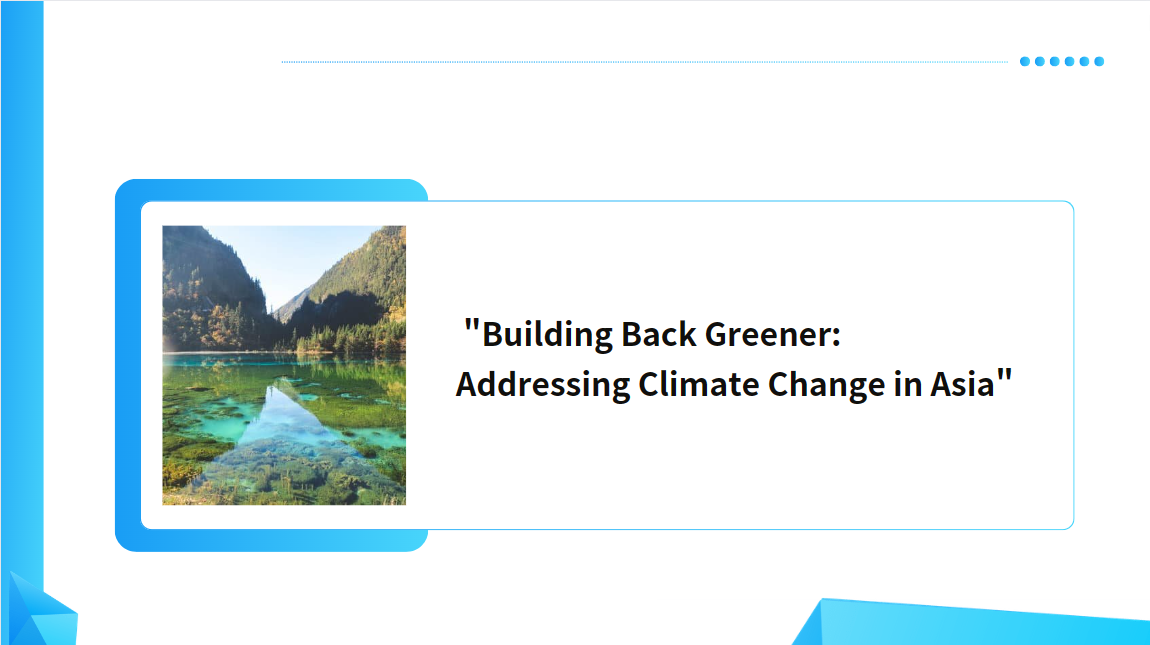Global ESG standards pose new challenges, opportunities
Chinese companies are suggested to further complete building their sustainability reporting system as the first set of global guidelines on corporate sustainability disclosure standards will go into effect in January 2024, said an industry expert.
The standards issued by the International Sustainability Standards Board in June are expected to provide a high-quality and comprehensive global baseline for sustainability-related disclosures focusing on the needs of investors and the financial markets, said the ISSB.
Even though countries including China are currently not obliged to follow the new standards, adoption is expected to be global. The sooner Chinese business owners and investors familiarize themselves with the new rules, the better they can be prepared for a unified global playing ground, said Philipp Aeby, chief executive officer of RepRisk, an environmental, social and governance (ESG) data science company based in Zurich, Switzerland.
"For some Chinese business owners, they may still want to wait and see if the Chinese government develops its own set of standards and if relevant legislation will take a few more years to come," Aeby said.
"However, there's no need to wait and they'd better start preparations now based on existing international standards. This is because ESG data usually takes time to be collected and next year foreign investors will start making investment decisions based on these standards to assess whether funding can ultimately proceed."
Aligning as much as possible with international standards can also help Chinese companies enhance efficiency and reduce transaction costs, given the double reporting challenges faced by some European listed firms, he added.
In addition, risk control and prevention are also an essential part of building up a healthy sustainability reporting mechanism, RepRisk said. The ESG data provider has observed an increasing risk level from financial institutions, including commercial lenders and investment banks, in terms of greenwashing.
Greenwashing is a marketing tactic of making false or misleading statements about the environmental benefits of a product or practice. When it shows up in the financial sector, it can make capital wrongly flow into companies that claim to have environmentally friendly operations but actually fail to meet their green goals.
"This is why we at RepRisk have been adopting an outside-in investigation method and giving more consideration to third-party information sources to navigate through noises and identify greenwashing risks," Aeby said.




















































First, please LoginComment After ~